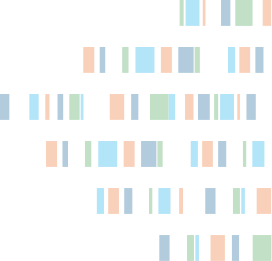The constant selective pressure exerted by phages, the viruses that infect bacteria, has led to the evolution of a wide range of anti-phage defenses. One of these defense mechanisms, CRISPR-Cas, provides an adaptive immune system to battle phage infection and inhibit horizontal gene transfer by plasmids, transposons, and other mobile genetic elements. Although CRISPR-Cas systems are widespread in bacteria and archaea, they appear to have minimal long-term evolutionary effects with respect to limiting horizontal gene transfer. One factor that may contribute to this may be the presence of potent inhibitors of CRISPR-Cas systems, known as anti-CRISPR proteins. Forty unique families of anti-CRISPR proteins have been described to date. These inhibitors, which are active against both Class 1 and 2 CRISPR-Cas systems, have a wide range of mechanisms of activity. Studies of these proteins have provided important insight into the evolutionary arms race between bacteria and phages, and have contributed to the development of biotechnological tools that can be harnessed for control of CRISPR-Cas genome editing.

Home » Meet the Anti-CRISPRs: Widespread Protein Inhibitors of CRISPR-Cas Systems (review)
Publications
Meet the Anti-CRISPRs: Widespread Protein Inhibitors of CRISPR-Cas Systems (review)
myTXTL
Daicel Arbor Biosciences
5840 Interface Dr. Suite 101,
Ann Arbor, MI 48103
1.734.998.0751Ann Arbor, MI 48103
©2024 Biodiscovery LLC
(d/b/a Daicel Arbor Biosciences)
All Rights Reserved.
(d/b/a Daicel Arbor Biosciences)
All Rights Reserved.
Design and development by Raincastle Communications.
